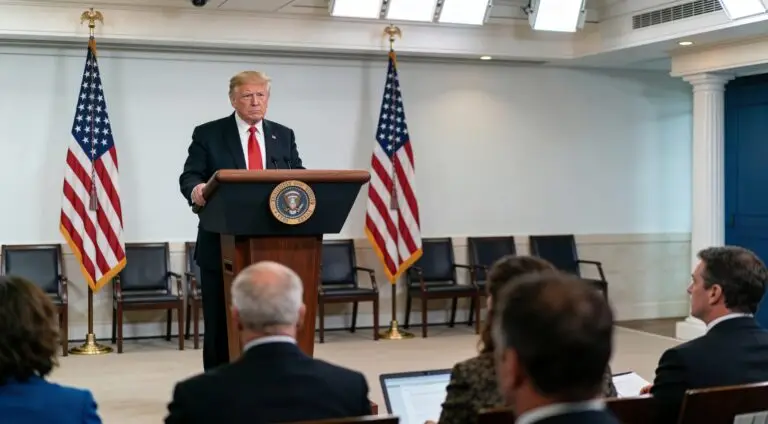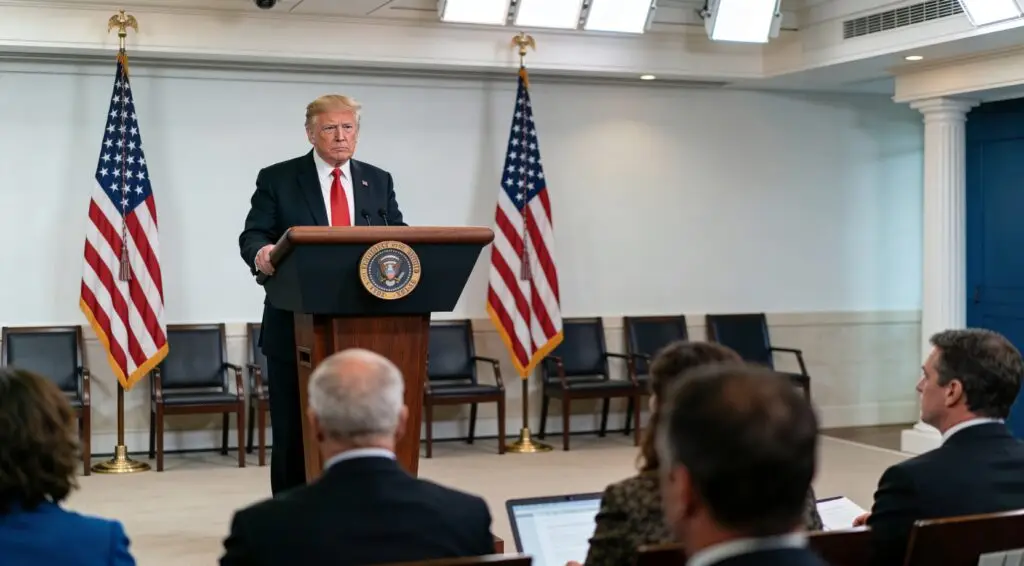Kenneth Rogoff, former chief economist at the International Monetary Fund and a long-time Harvard professor, has sounded the alarm: the dollar’s global dominance is fraying. In his new book Our Dollar, Your Problem, Rogoff argues that geopolitical shifts, the rise of China, and the rapid evolution of cryptocurrencies are steadily chipping away at the greenback’s hegemony.
Speaking with Bloomberg, Rogoff emphasized that the dollar’s supremacy, long assumed to be unshakable, is under siege from multiple fronts, including one unexpected contender—crypto.
Why Crypto Merits a Dedicated Chapter
Although the book primarily chronicles the rise of the dollar post-WWII, Rogoff explains that digital currencies deserve special attention. While Bitcoin and similar assets may not replace the dollar in legal markets, they are increasingly influential in the world’s shadow economy—a space traditionally dominated by physical cash, particularly U.S. dollars.
“The government has leverage in legal markets,” Rogoff noted. “But in the underground economy, it has much less leverage. That’s where crypto is taking root.”
Understanding the Global Underground Economy
Rogoff defines the underground economy as a mix of tax evasion, unregulated gray markets, and outright illegal activity. In advanced economies, tax evasion alone can account for 15–20% of GDP, while in developing nations, it can soar to a third. Everyday examples include under-the-table payments for domestic help or cash-based real estate deals—economic activity that escapes official oversight.
This hidden economy also includes criminal trades like drug trafficking and arms dealing, though tax evasion remains the larger portion by volume.
Bitcoin Is Already Eating Into Dollar Territory
According to Rogoff, cryptocurrencies have already made inroads into the dollar’s former strongholds. “Crypto is increasingly used in the global underground economy,” he said, replacing dollars in scenarios where anonymity and transaction ease are paramount.
Rogoff also pointed to another trend: using crypto to bypass U.S. sanctions, which further erodes Washington’s financial leverage on the global stage.
The Economic Consequences of Crypto Penetration
The weakening of dollar dominance in informal markets is not just a symbolic issue. Rogoff warns it has real economic consequences, especially for Americans. As global demand for dollars dips—even in shadow economies—U.S. interest rates could climb, impacting everything from mortgages to student loans.
This is because the U.S. benefits from what Rogoff calls an “exorbitant privilege”—the ability to borrow cheaply due to the dollar’s central role in global finance.
The National Security Dilemma
The second major consequence is a blow to national security. The U.S. government relies on dollar-based financial systems to track money flows and enforce sanctions. As more transactions move to blockchain-based assets—especially ones with privacy features—that visibility diminishes.
Rogoff emphasized that while replacing untraceable paper cash with crypto doesn’t introduce new threats, new blockchain systems may allow even more sophisticated concealment of financial activity, making law enforcement and intelligence efforts more difficult.
Global Pushback Against U.S. Financial Control
Another theme Rogoff highlights is the growing international resistance to U.S. financial dominance. Many nations, particularly those under U.S. sanctions, see blockchain and crypto as a way to reduce dependence on dollar-based systems. As a result, diversification away from the dollar is likely to accelerate, especially as crypto becomes more sophisticated and accessible.
Crypto’s Growth Is Unstoppable—Despite Skeptics
Rogoff disagrees with crypto critics like Paul Krugman, Jamie Dimon, and Warren Buffett. He argues that the scale and scope of the underground economy—estimated to be 20% of global GDP or $20–$25 trillion—offers a massive use case for crypto as a transaction medium.
“This is not a small niche,” Rogoff said. “If crypto becomes the dominant transaction method in even a portion of that market, it has clear and lasting value.”
A Financial System That Governments Can’t Fully Control
Even with increased regulation, governments are unlikely to fully control crypto’s use in these shadow markets. The decentralized nature of blockchain ensures that some form of crypto usage will persist, especially in economies or situations where trust in government or fiat currency is low.
“This is a big piece of the economy,” Rogoff concluded. “Crypto is not a scam—it’s a tool for a part of the world that traditional finance doesn’t reach.”
Conclusion: A Turning Point in Currency History
Ken Rogoff’s warnings paint a sobering picture: as crypto infiltrates global shadow markets, the U.S. dollar’s once-unchallenged dominance faces new, complex threats. The implications span economics, geopolitics, and national security, making this a moment of reckoning not just for policymakers but for everyone impacted by dollar-based financial systems—which, in one way or another, is all of us.















